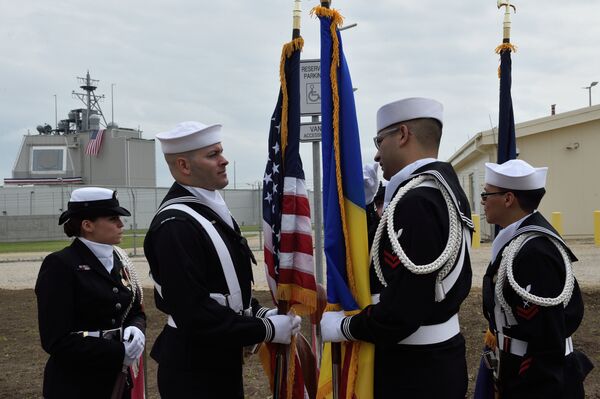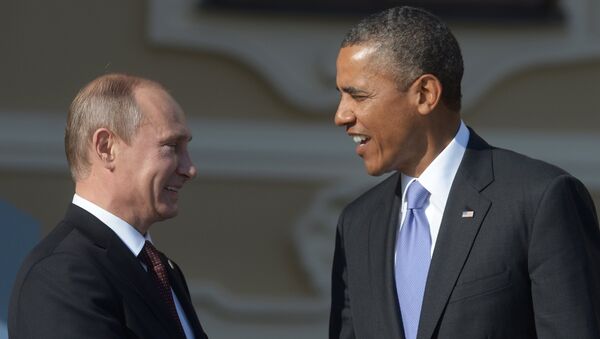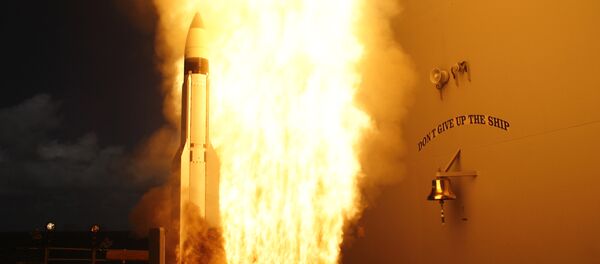Should the recent cold spell between Russia and the US be described as Cold War 2.0? And are the two global powers fighting on the opposite sides of the Syrian conflict?
The anti-Daesh struggle is "a war for hegemony and control of the area," he claimed in an opinion piece for the Jerusalem Post. It has developed in "dangerous patterns reminiscent of the Cold War."
Professor Stephen F. Cohen has long warned that Washington's assertive policies, particularly in Eastern Europe and the Baltic states, have unleashed the new Cold War.
"Are we sleepwalking towards an actual war with Russia or is this a plan to provoke a war with Russia?" the analyst asked during the latest John Batchelor show. He was referring among other things to the US-built Aegis Ashore base that became operational last week in Romania.
"If we are sleepwalking, we all need to yell, 'Wake up!' If they actually now would not mind a war with Russia, then they are crazy," professor added.

Although the trend in bilateral relations is alarming, not everyone agrees that it could be compared to the post-WWII era.
"The current situation misses several elements of the Cold War – and provided both sides act wisely, Cold War Two need never arise," former USAID project officer Josh Cohen asserted.
Cohen also urged both sides to cooperate. "Preventing nuclear proliferation and nuclear terrorism represents one possible space where each side's interests overlap, while stabilizing Afghanistan, environmental cooperation and sharing intelligence on [Daesh] are others," he detailed.
In fact, Russia and the US have already worked together to resolve the deadly conflict in Syria. Although their aerial campaigns were largely not coordinated (and Moscow has always emphasized that it is open for greater cooperation), both countries helped to establish a nationwide ceasefire and launched the UN-sponsored peace talks.


